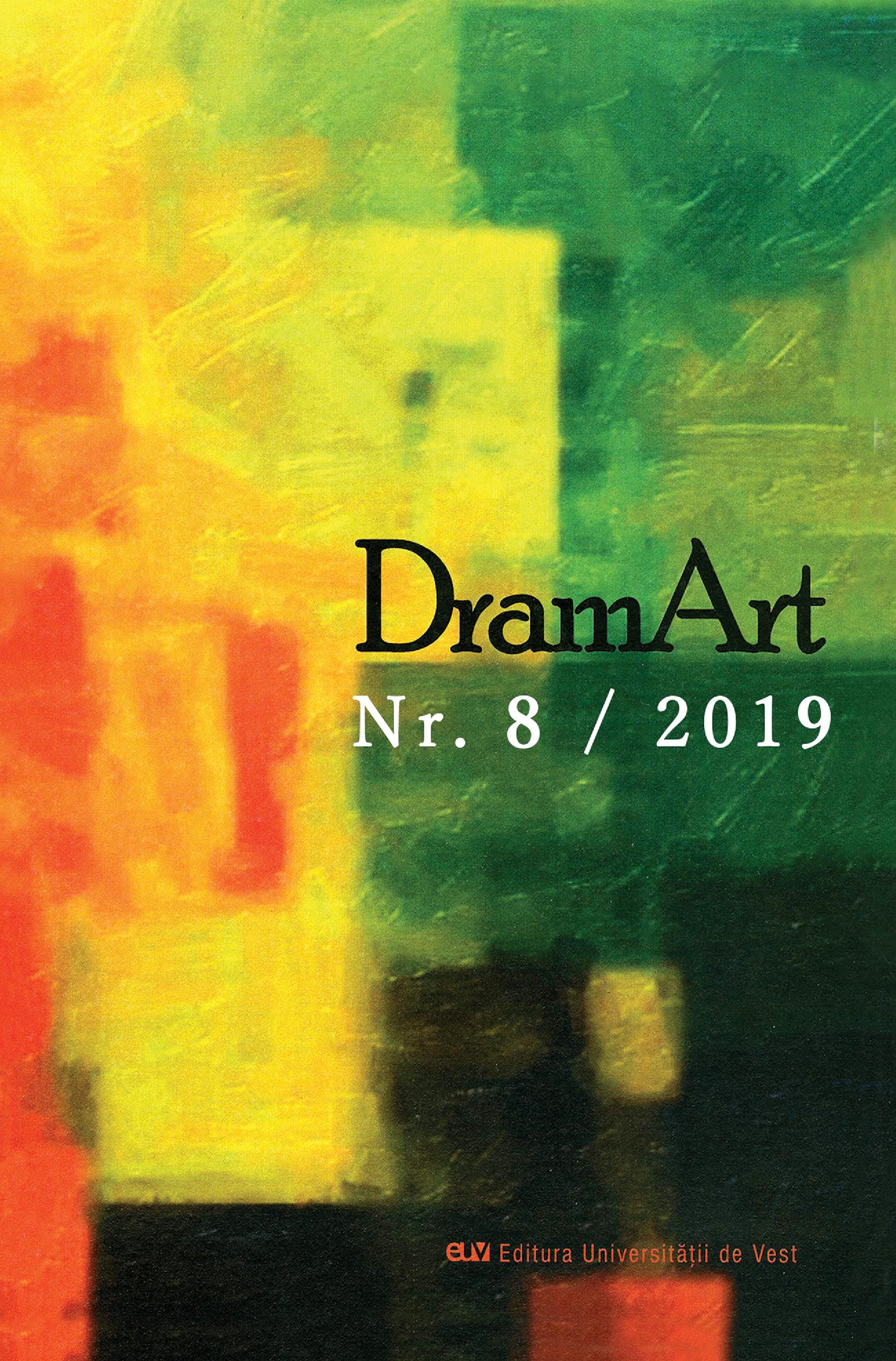A Blissful Dream or a Demonic Nightmare: Spirit Possession
in The Soul of Ch’ien-Nü Leaves Her Body and Lady Rokujō’s Ghost
A Blissful Dream or a Demonic Nightmare: Spirit Possession
in The Soul of Ch’ien-Nü Leaves Her Body and Lady Rokujō’s Ghost
Author(s): Wang YueSubject(s): Theatre, Dance, Performing Arts, Fine Arts / Performing Arts
Published by: Universitatea de Vest din Timişoara
Keywords: Yuan zaju play; Noh drama; spirit possession; The Soul of Ch’ien-Nü Leaves Her Body; Lady Rokujō’s Ghost;
Summary/Abstract: Spirit possession appears in both the Yuan zaju play The Soul of Ch’ien-Nü Leaves Her Body and the Noh drama Lady Rokujō’s Ghost. The two main characters Chang Ch’ien-Nü and Lady Rokujō respectively embody the pursuit for true love and freedom in Chinese and Japanese theatre. The two distinct characters represent and reveal different emotional tendency and pattern of thinking thus implicate different cultural connotations. In The Soul of Ch’ien-Nü Leaves Her Body, Chang Ch’ien-Nü’s blissful soul reveals the dramaturge’s aspiration for the ideal love. Whereas in Lady Rokujō’s Ghost, Lady Rokujō’s ghost appears as a demonic image, who vents her spleen after being long-time tortured, all burst out in a bolt, reflecting the great depression of ancient Japanese women under feudalistic control and religious ruling. Although both have demonstrated the conflicts between human and his surroundings, having brought into light the confrontations between humanity and inhumanity, yet the discrepancies between the two productions have given us an expression of opposing values, visional divergence, distinct aesthetic tastes and cultural traditions far from each other.
Journal: DramArt.Revistă de studii teatrale
- Issue Year: 2019
- Issue No: 8
- Page Range: 27-40
- Page Count: 14
- Language: English

